Hotel Housekeeping: Addressing Risks, Hazards, Safety, and Legislation
VerifiedAdded on 2020/07/23
|6
|916
|455
Report
AI Summary
This report provides a comprehensive overview of the housekeeping department within hotels, emphasizing its operational significance and the services it provides, including cleaning, maintenance, and guest services. It identifies key risks faced by housekeeping staff, such as physical strain leading to injuries and exposure to hazardous chemicals and biological agents. The report delves into potential hazards, including slips, trips, falls, and fatigue. It outlines strategies to mitigate these risks, such as the use of protective equipment and adherence to safety protocols. Furthermore, the report highlights the importance of health and safety policies and relevant legislation, including the Health and Safety at Work Act, to ensure the well-being of housekeeping staff. The report references several academic sources to support its findings, offering a robust analysis of the challenges and solutions within the hotel housekeeping environment.
1 out of 6
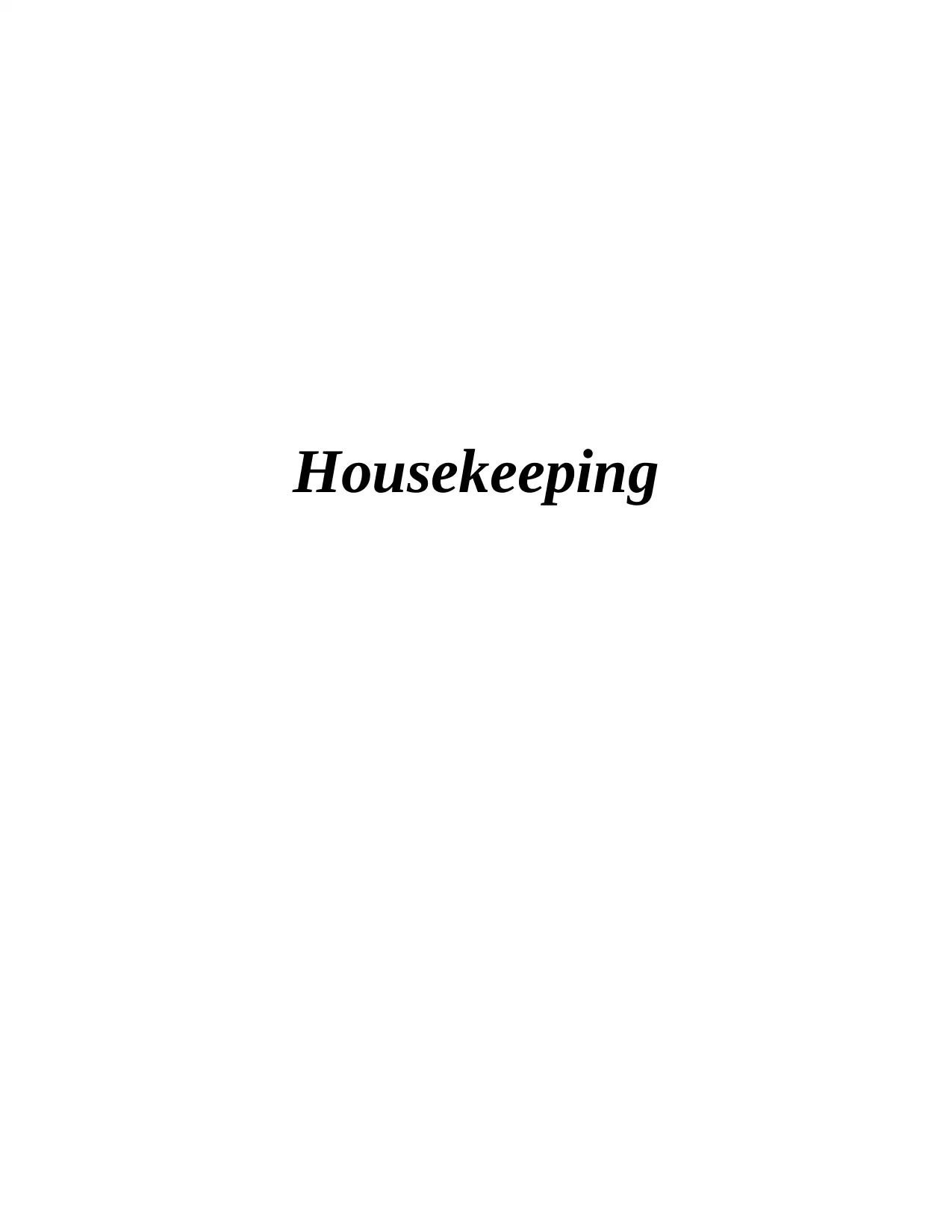
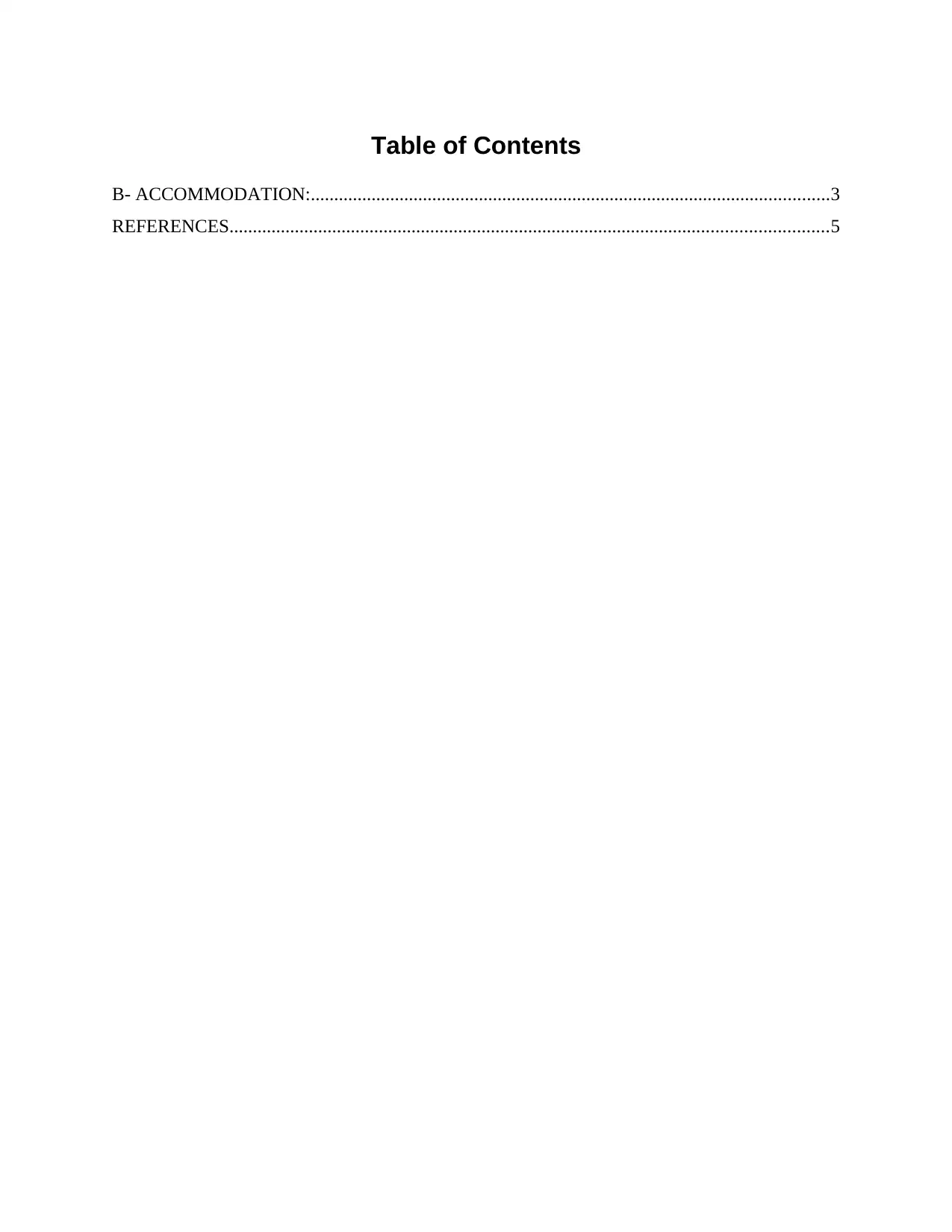
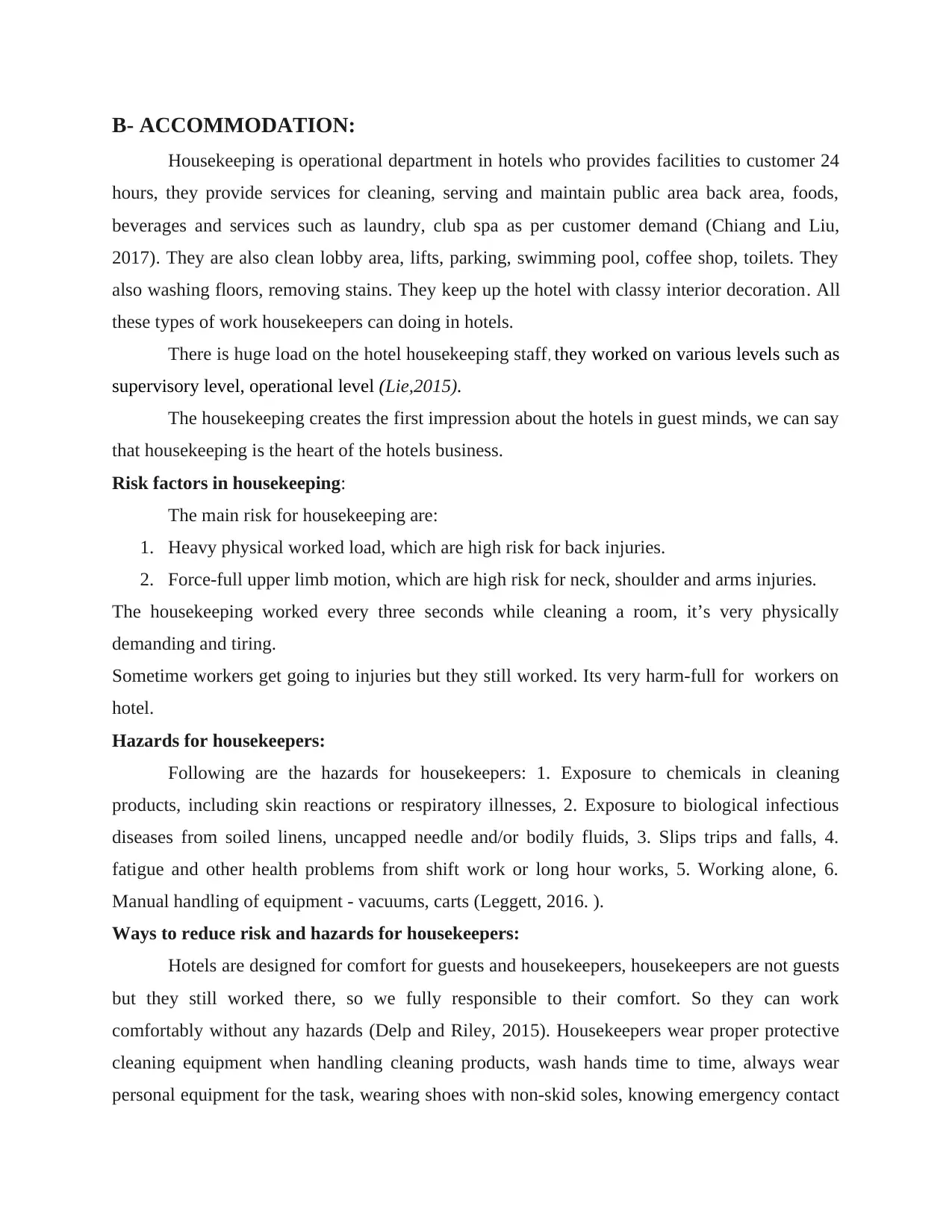

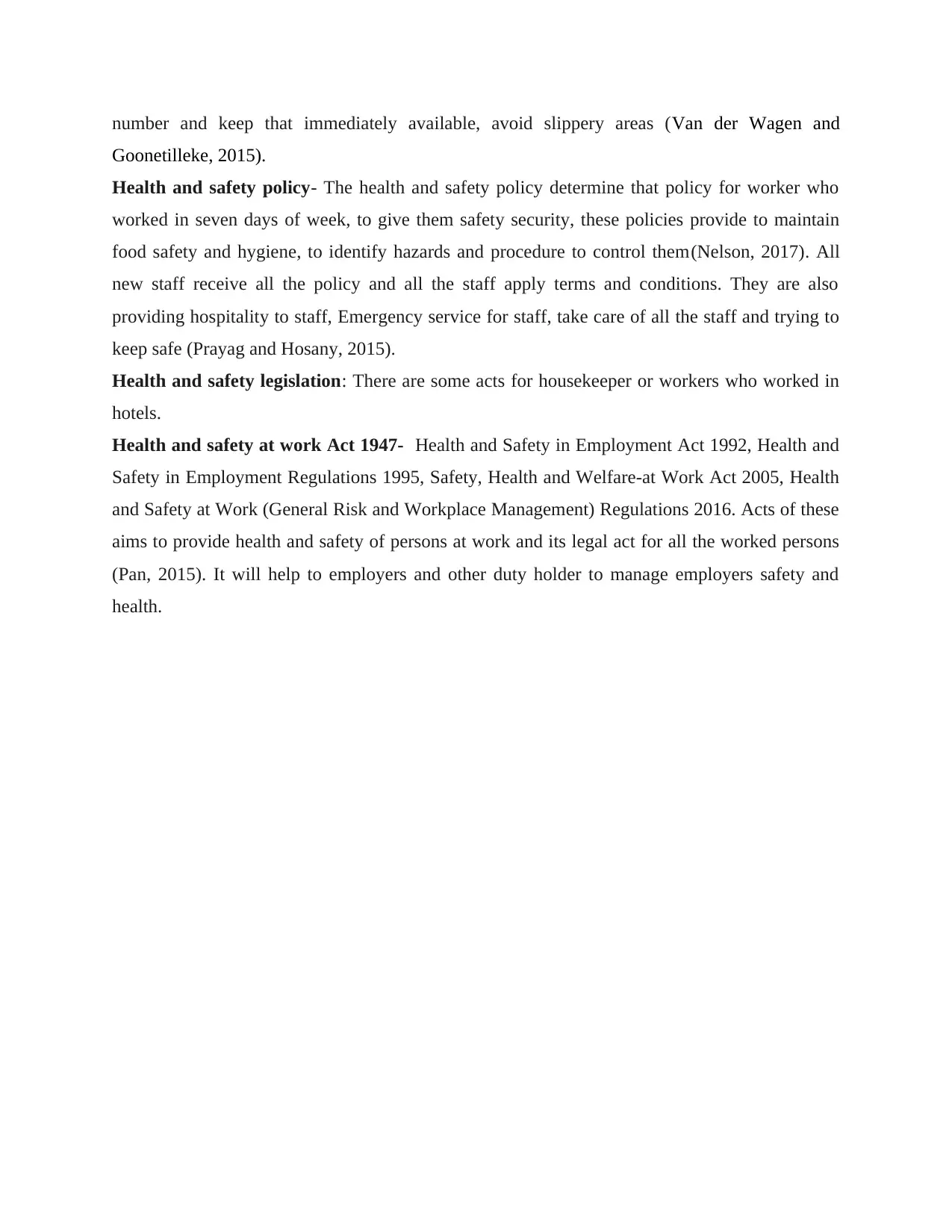
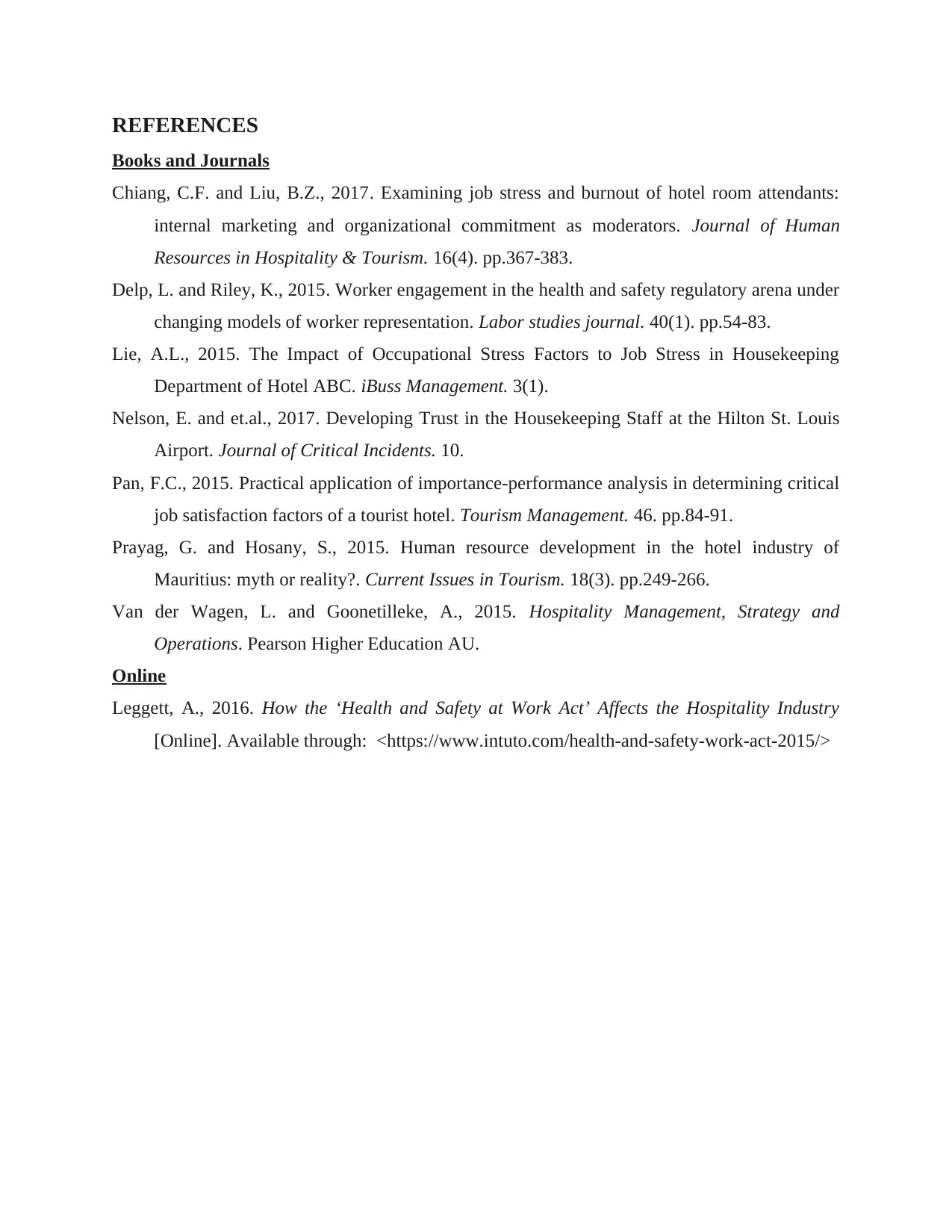







![[object Object]](/_next/static/media/star-bottom.7253800d.svg)